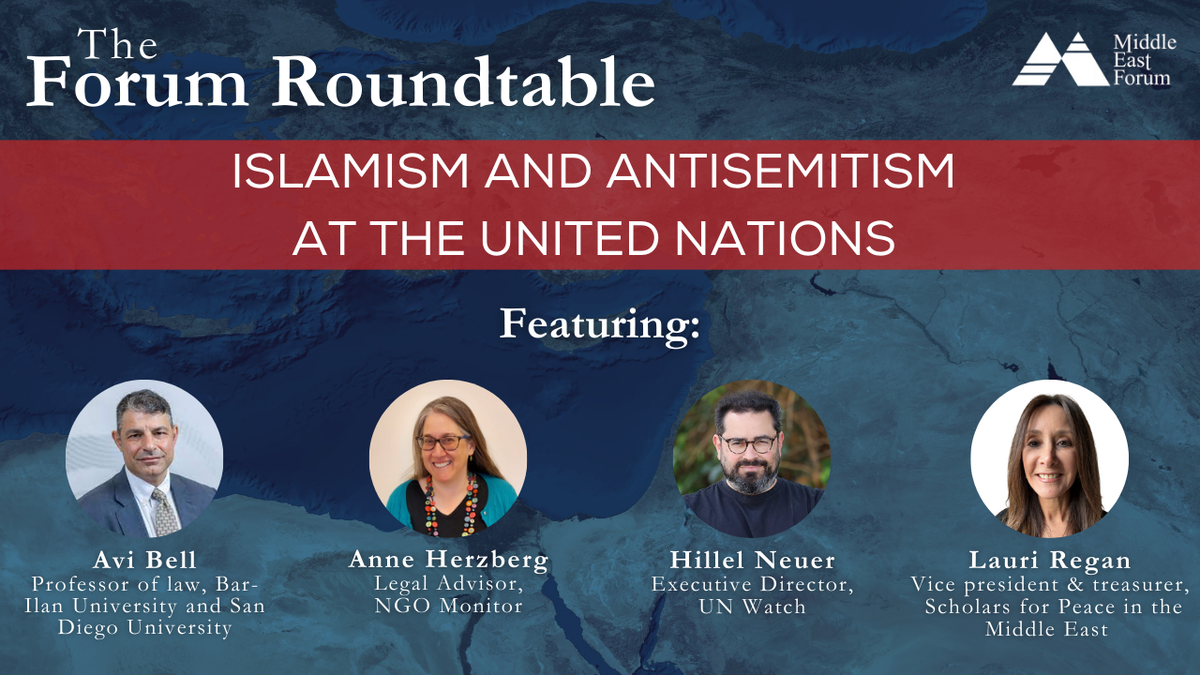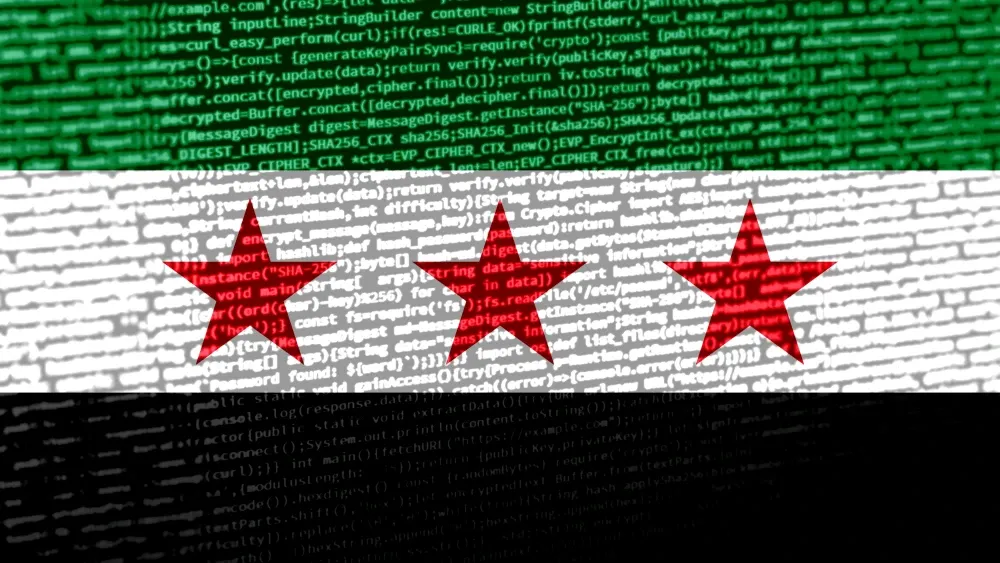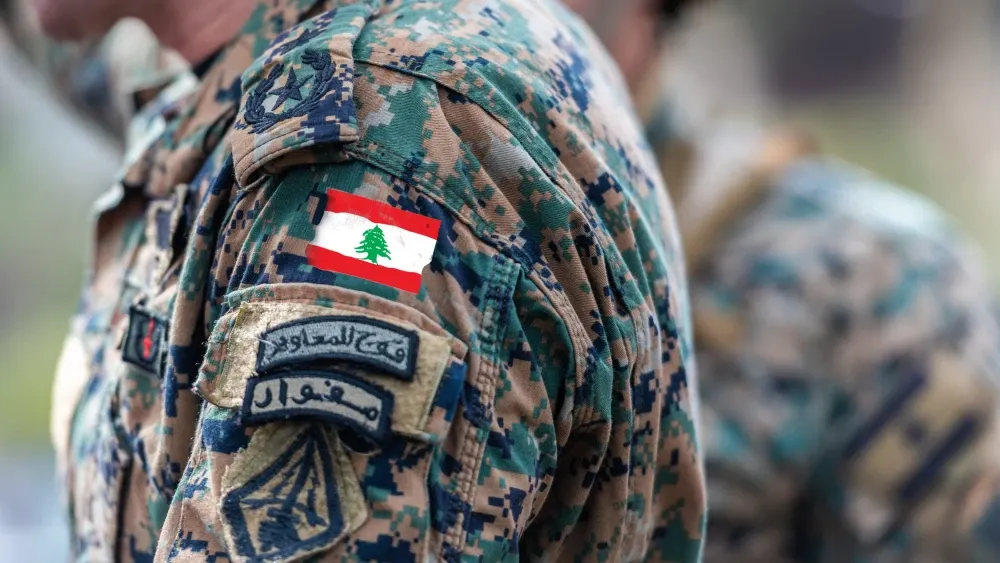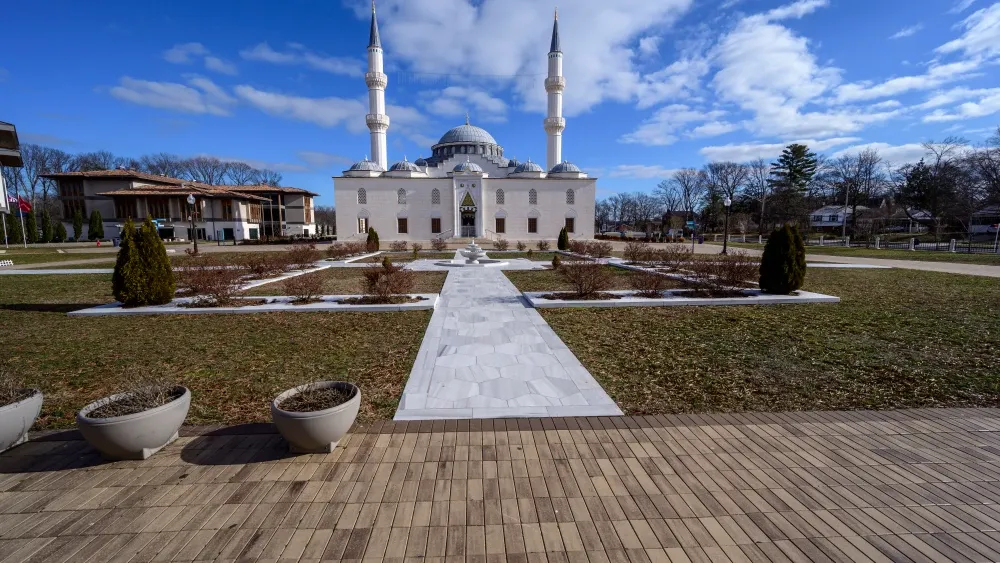| |  | | | Syrian Druze, Autonomy, and Disinformation; Defiant Hezbollah; Influencing the West Via Mosques By Winfield Myers ● Sep 03, 2025 Smart Brevity® count: 5 mins...1351 words Sirwan Kajjo analyzes the Syrian Druze and observes that their push for independence from the Islamist Syrian state makes them a force to be reckoned with that Damascus cannot ignore. Aymenn Jawad Al-Tamimi addresses the problem of "misinformation" in Syria and says its time for the new regime to put its house in order. Jonathan Spyer asks if the Lebanese government is about to make a "real attempt" to end the existence of Hezbollah and answers that, sadly, "no such attempt appears immanent." And Alshifa Imam writes of the power struggle among Sunni nations as they vie for influence in the West by funding mosques friendly to their views. This "war of mosques" exports "intractable regional conflicts in host nations." | | Do the Druze Need Autonomy to Survive in Syria?  By: Sirwan Kajjo The Druze community in southern Syria has declared a unified military force and have rallied behind their spiritual leadership to make clear demands for autonomy and self-determination—all while still reeling from a mid-July onslaught by Sunni militants that left hundreds of civilians dead. Why it matters: Despite making up just 3 percent of Syria's population, the Druze exert significant influence in the country's political landscape. The backdrop: The Druze historically advocated for reforms even under the Assad regime, and their recent unity among spiritual leaders lends legitimacy to their demands. -
Israel's ongoing interest highlights their strategic importance in regional power dynamics. -
For the Druze, seeking support from a regional power such as Israel could prove to be not just strategic but essential for their survival. What's next: The Druze are forming alliances with other communities resisting Islamist rule, such as the Kurds and Alawites. To read the full article, click here. | | Friday Sept. 5 – The Forum Roundtable: Islamism and Antisemitism at the U.N.  The U.N. has a long and full history of anti-Israel bias that has become worse since October 7, 2023. With claims of Israeli war crimes leading to international arrest warrants and false claims of genocide and famine, the U.N. is abetting those who seek Israel's annihilation. As the U.N. General Assembly prepares for its annual meetings, what should be expected from the session regarding Israel, Gaza, and the Middle East? Join MEF for an expert panel discussion on Friday, September 5, to discuss all of this and more. Avi Bell is professor of law at the University of San Diego School of Law and at Bar-Ilan University's Faculty of Law. Anne Herzberg is an author and the legal advisor of NGO Monitor. Hillel Neuer is executive director of U.N. Watch and founding chairman of the Geneva Summit for Human Rights and Democracy. Lauri Regan is vice president and treasurer of Scholars for Peace in the Middle East. To register for the Roundtable discussion, click here. | | Syria: The Misplaced Focus on 'Misinformation'  By: Aymenn Jawad Al-Tamimi The Syrian government claims it's under a massive disinformation assault, but this focus detracts attention from broader truths and realities. Why it matters: While misinformation exists, it doesn't erase the documented sectarian violence by pro-government forces. The backdrop: Government supporters frame atrocities as misinformation, yet cases like the Radhwan family massacre highlight the opposite. What's next: Instead of emphasizing disinformation, the Syrian government should address internal sectarian issues and work towards genuine reform. To read the full article, click here. | | Hezbollah Defies Disarmament Push as Israel Maintains Border Buffer  By: Jonathan Spyer The Lebanese government is committed to submitting a plan by August 31 to disarm Hezbollah, a task complicated by internal and regional dynamics. The United States expects that the plan will be implemented by the end of the year. Why it matters: Hezbollah's significant influence in Lebanon complicates efforts to disarm it, affecting both national and regional stability. The backdrop: The Lebanese Cabinet approved a roadmap for disarmament, but Hezbollah remains resistant, with connections to both Iran and elements within the Lebanese Armed Forces. What's next: Is a real attempt to end the existence of armed groups outside of state control in Lebanon about to finally get under way, 35 years after the end of the Lebanese civil war? The answer is, unfortunately, that all the indicators suggest that no such attempt appears imminent. -
Hezbollah may have turned out to be much weaker than its propaganda suggested, and much weaker than Israel, but it is not weaker than its potential opponents in Lebanon, who as a consequence do not appear to wish to take it on. -
Plans, roadmaps and cabinet votes notwithstanding, both Hezbollah's armed capacity and Israel's campaign to prevent the organization's efforts to replenish it are unlikely to change any time soon. To read the full article, click here. | | ICYMI: September 3, 2025 | Israel Insider with Ashley Perry Israel's move to conquer Gaza City has begun. What are the political, diplomatic and military considerations involved in the operation? Ashley Perry is an advisor to the Middle East Forum's Israel office. He served as adviser to Israel's minister of foreign affairs and deputy prime minister in 2009-15, and has also worked with Israel's Ministers of Intelligence, Agriculture and Rural Development, Energy, Water and Infrastructure, Defense, Tourism, Internal Security, and Immigrant Absorption and as an advisor to The Negev Forum. Originally from the U.K., he moved to Israel in 2001. He holds a B.A. from University College London and an M.A. from Reichman University (IDC Herzliya). To watch the full podcast episode, click here. | | How Middle Eastern States Leverage Mosques to Influence Western Muslim Communities  By: Alshifa Imam The power struggles among Sunni states such as Saudi Arabia, the United Arab Emirates (UAE), Turkey, and Qatar are now unfolding in Western cities, influencing local Muslim communities. Why it matters: Riyadh and Abu Dhabi view the Muslim Brotherhood as a major threat, while Ankara and Doha support Brotherhood-aligned actors, affecting mosque financing, preacher training, and youth programs in Europe and North America. The backdrop: Persian Gulf countries have invested heavily in building mosques and cultural centers abroad, with Qatar Charity and the Qatar Foundation funding Islamic centers in Europe. What's next: The "war of mosques" transforms smaller conflicts into larger geopolitical battles, with host governments concerned about radicalization and the formation of "parallel societies." To read the full article, click here. | | | | | Thank you for relying on the Middle East Forum for up-to-date analyses of the region. If you enjoyed this issue of the MEF Dispatch, please forward it to a friend. We invite you to use the comments feature to let us know your thoughts on the Dispatch and the issues we cover. Sincerely, Winfield Myers
Managing Editor, Middle East Forum
Director, Campus Watch | | | | Was this edition useful?  

Your email will be recorded and shared with the sender |        MEF, an activist think tank, deals with the Middle East, Islamism, U.S. foreign policy, and related topics, urging bold measures to protect Americans and their allies. Pursuing its goals via intellectual and operational means, the Forum recurrently has policy ideas adopted by the U.S. government.
Copyright © 2024 Middle East Forum, All rights reserved.
Our mailing address is:
Middle East Forum
1650 Market Street, Suite 3600
Philadelphia, PA 19103 | | | | | Powered by 
| | This email was sent by Middle East Forum via Axios HQ | | | |
0 коммент.:
Отправить комментарий